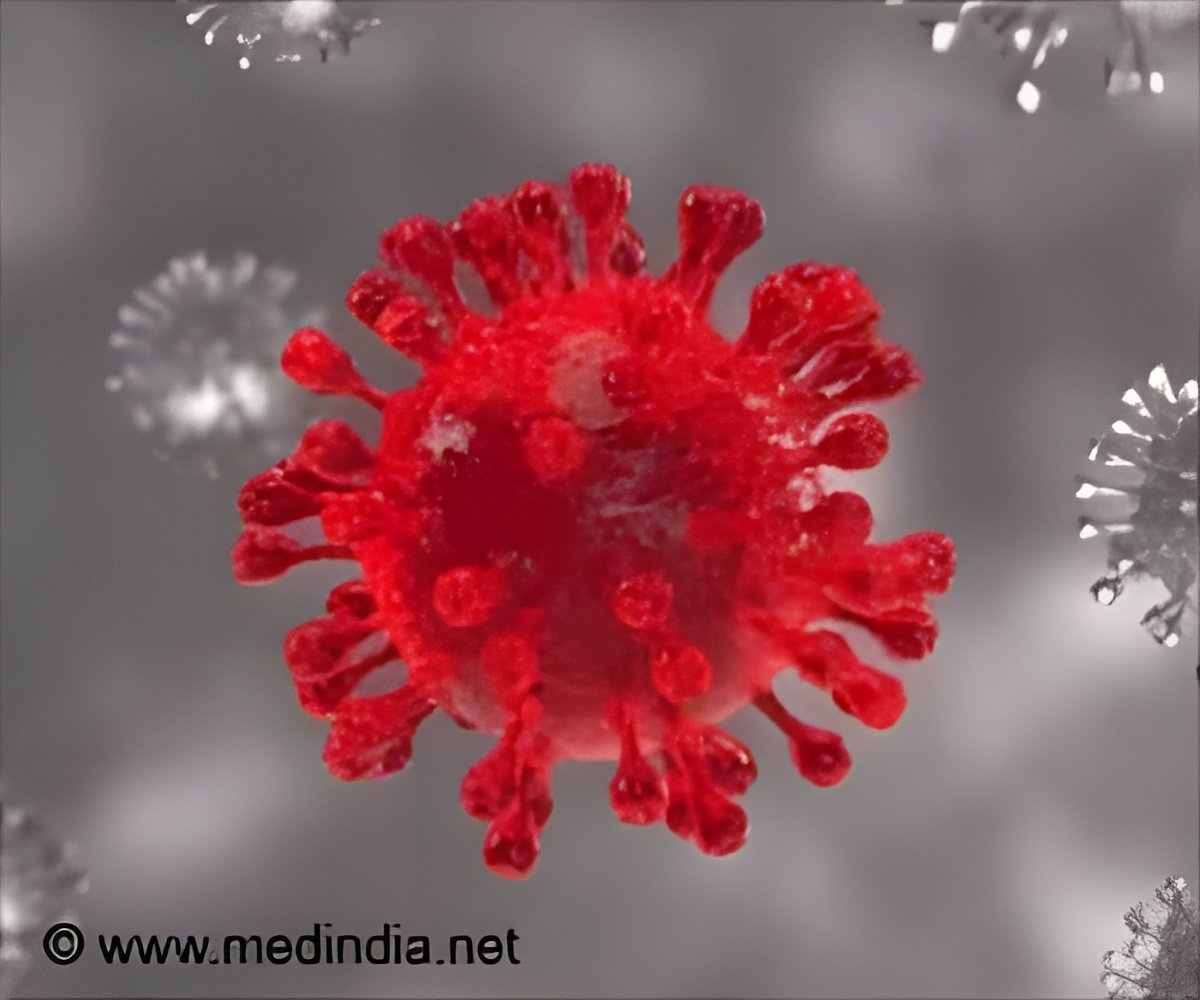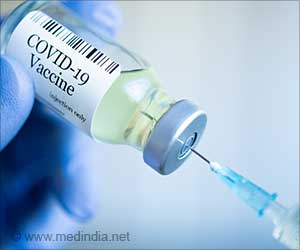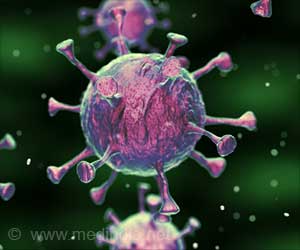
‘Dysregulated proteins that evaluate potential brain effects after COVID-19 infection could be key in Long COVID management.’
Tweet it Now
Even more perplexing is the fact that symptoms can vary widely between individuals and consist of any combination of fatigue, fever, chest pain, trouble breathing, neurological symptoms such as “brain fog,” and many more. Long COVID puts a gigantic burden on the healthcare system, and some doctors doubt the condition exists, leaving some patients unable to find care.A team of researchers at Tulane University is trying to shed light on this condition and find tools to manage it. This study may give us some clues to find a potential treatment strategy for long COVID in patients.
However, because long COVID can vary drastically between individuals, studying this disorder has been difficult for scientists and clinicians alike. It is also almost impossible to get any brain tissue or samples of any kind from patients that have mild symptoms or no long COVID symptoms because there is no reason for invasive procedures.
Immune System Has an Impact on Neurological Complications of COVID-19
Therefore, the group turned to a nonhuman primate model of long COVID. They found that certain proteins associated with neurodegenerative disorders, such as Parkinson's disease, were elevated in the brain, cerebrospinal fluid, and blood after SARS-CoV-2 infection even in nonhuman primates that showed mild or no symptoms.Researchers explained that these elevated proteins indicate that the immune systems of the monkeys remained activated even after infection. These findings also suggest that major neurological complications are arising due to the body's natural immune defenses.
The next steps of the research will involve validating the biomarkers the team identified in human samples such as blood. It is currently hard to score the severity of (long COVID) patient symptoms because they are based on self-reports.
Advertisement
Advertisement













